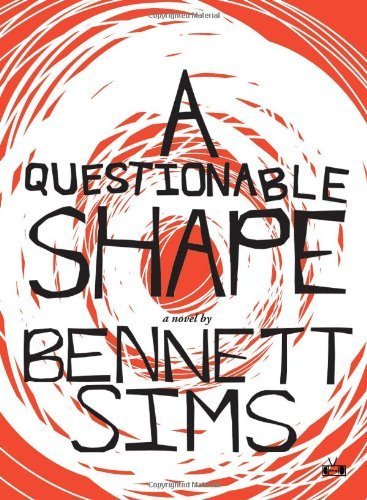What do you think?
Rate this book


Mass Market Paperback
First published April 26, 2013
Since the outbreak, I have often reflected that this footnote is the typographic mark most emblematic of undeath. By opening up a subjacent space on the page, the footnote digs a grave in the text, an underworld in the text. The words that are banished there are like thoughts the text has repressed, pushed down into its unconscious. But they go on disturbing it from beneath, such that if the text were ever infected, they are the words that would guide it. Footnotes are a text's phantom feet.
What ultimately sustained and what alone could have sustained me were my teloi, specifically the illusion of progress that attended them, whereby I convinced myself that I was closer to my goal at twenty-four than I had been at twenty.
[… ] even if I earnestly considered shunting myself off the track of my reading and onto that of some more vigorous hobby … still I recognized that such a path was by now closed off to me. Windsailing while unread books lay in my apartment would only make me anxious, and, besides, could be postponed, I consoled myself, until once the reading was done. [...]
Was reading, as a worried professor once warned me it was, a race that I was always simultaneously winning and losing?
In a manner of speaking, my only goal in reading was to outlive my to-read list, to finish it before time and mortality finished me.And some of the (constant) metaphors are genuinely interesting. His metaphor for the never-ending reading list was that it was
the childhood futility of trying to dig a hole in the beach, how the sand always spills back in faster than you can trowel it out.
[I]ts great latticework of girders is gridded against the southern horizon like a waffle iron, filled with blue sky as will batter.And further along in the same paragraph you get,
The line of vapor has silvered brilliantly from within, and the jet, itself glinting like a knife tip, seems to be cutting into the sky to reveal it, carving a gash for this bright light to seep through. Like an incision being made in a lit lampshade.
The reason she's even sharing that memory to begin with is that she wants me, as her lover, to know that about her. The reason she's even sharing that memory to begin with is that I couldn't properly love her-couldn't know her as my beloved- without first having incorporated it into my own personal sense of who she is. The subtext of any memory that a lover shares is, "I want you, my lover, to know this about me, because this is the facet of myself I want you to love."I found this as extremely poignant and a relative "truth" in my own life.